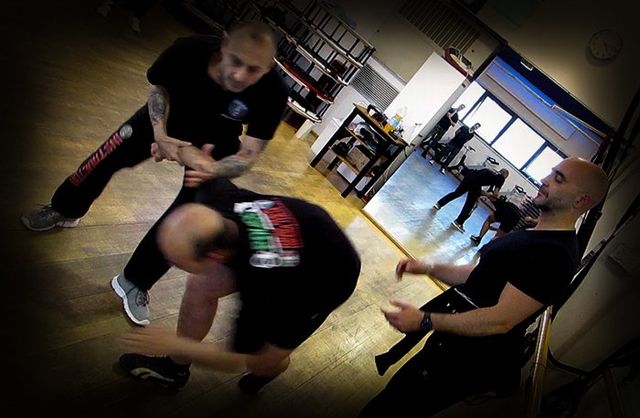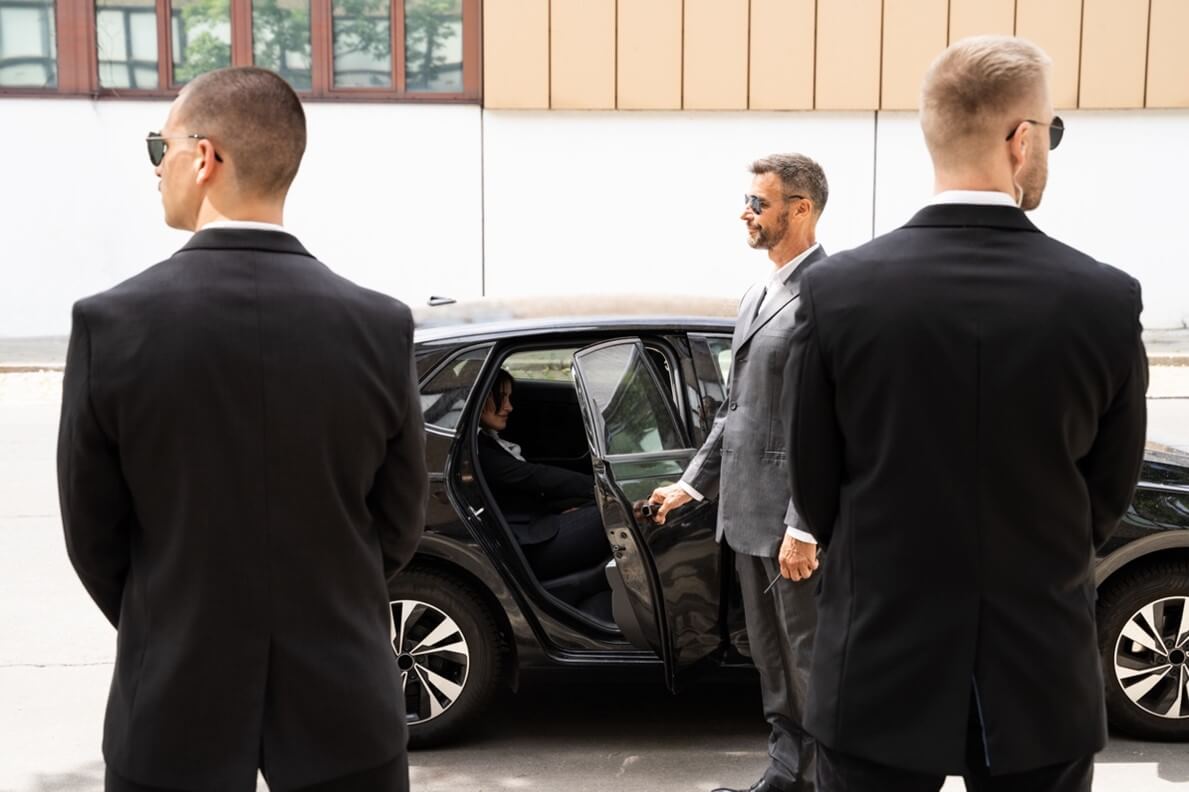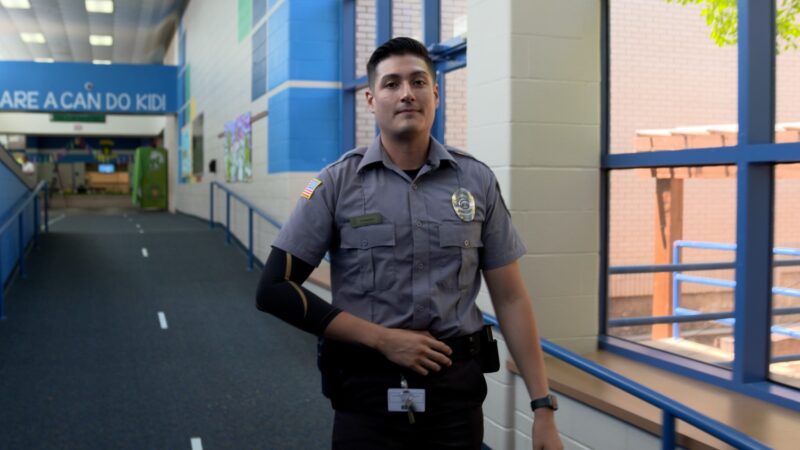In today’s fast-paced and ever-evolving security landscape, the role of a security guard extends far beyond mere observation and reporting. As the first line of defense against potential threats, these professionals are increasingly called upon to exhibit strong leadership skills, sharp critical thinking, and effective communication abilities.
This shift underscores the imperative need for comprehensive leadership training—an essential component for anyone aspiring to climb the ranks within the security industry. With proper training, security guards can transform from passive responders to proactive leaders, equipped to handle crises, coordinate teams, and engage effectively with clients and the public.
Given the complexities of modern security challenges, investing in leadership development not only enhances individual careers but also elevates the standards of safety and responsiveness within the entire sector.
Building Essential Skills for Career Growth

Building essential skills for career growth in the security guard sector goes beyond mere protocols and physical preparedness; it encompasses a broader spectrum of leadership and interpersonal abilities. Aspiring professionals must hone their decision-making skills and emotional intelligence, which are invaluable when navigating high-pressure situations.
Effective communication is paramount, as is the ability to think critically and adapt to rapidly evolving scenarios. Through leadership training, security guards can cultivate a proactive mindset, empowering them to lead teams and manage conflicts with confidence.
Moreover, mastering these skills not only enhances personal effectiveness but also positions individuals as valuable assets within their organizations, paving the way for upward mobility in their careers. Such development nurtures not just compliance with safety standards but also fosters a culture of trust and collaboration, elevating the entire team’s performance.
Improving Communication and Interpersonal Skills

Effective communication and strong interpersonal skills are vital for security guards aiming to advance their careers. In high-pressure situations, the ability to convey information clearly, calmly, and assertively can make all the difference.
Leadership training enhances these skills by encouraging guards to engage in active listening, fostering empathy, and learning the nuances of non-verbal communication. Imagine a scenario: a security guard smoothly de-escalates a potential conflict with deft verbal strategies, while simultaneously reading the rooms dynamics through body language.
This not only resolves immediate tensions but also strengthens relationships with colleagues and the community. Through training, security personnel can transform from mere enforcers of policy to trusted communicators, paving the way for further opportunities and growth in their careers.
Staying Competitive in a Growing Industry

In an ever-evolving security landscape, the importance of leadership training cannot be overstated; it serves as a vital tool for security guards to keep pace with industry growth. As threats become more sophisticated and demand for skilled professionals increases, those who possess strong leadership qualities stand out as valuable assets.
Advanced training equips guards with the ability to make quick, informed decisions under pressure, fostering resilience and adaptability—traits that are indispensable in today’s dynamic environment. Moreover, with leadership skills, security personnel can effectively manage teams, promote a culture of vigilance, and drive initiatives that enhance overall operational efficiency.
As the industry expands, investing in leadership training not only bolsters individual careers but also positions security companies for long-term success against the backdrop of competition. In this pivotal moment, proactive professionals should seize the opportunity to elevate their expertise, ensuring they remain at the forefront of a burgeoning field.
Conclusion
In conclusion, investing in leadership training is essential for security guards aiming for career advancement and enhanced effectiveness in their roles. As the security landscape continues to evolve, possessing strong leadership skills not only empowers individuals to take initiative and make informed decisions but also fosters a positive environment for teamwork and collaboration.
Institutions like Pacific West Academy play a pivotal role in equipping security professionals with the necessary knowledge and skills to excel in leadership positions. By prioritizing leadership development, security personnel can not only elevate their own careers but also contribute significantly to the overall safety and security of the communities they serve.


